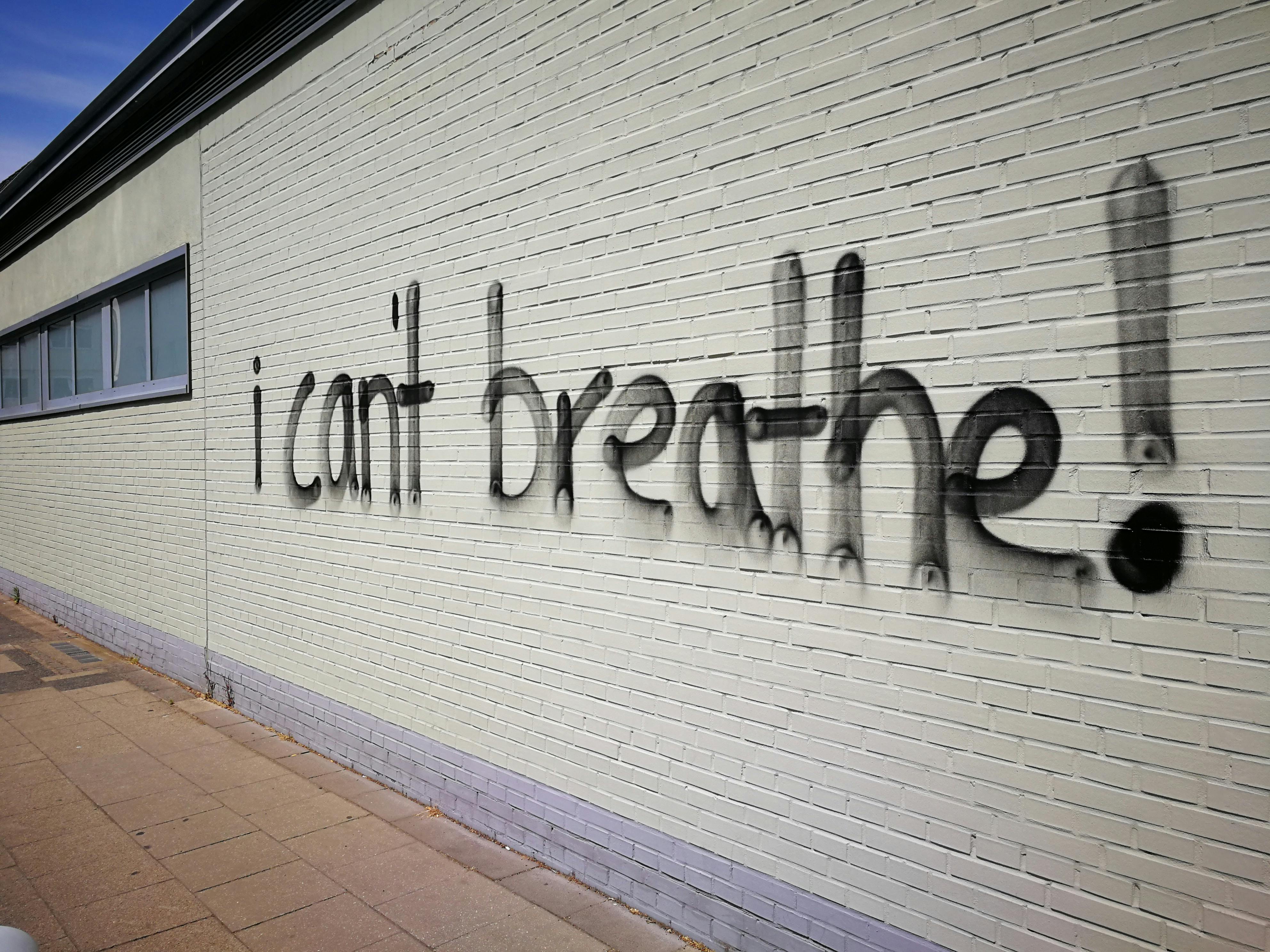I’ve noticed lately that more and more executives and employees are turning to profanity in the workplace. I remember when it was not only unacceptable but simply unprofessional to use profanity. You know what I’m talking about. They start with ‘s’ and ‘d’ and the big heavy four letter bomb that starts with ‘f’. Why has it become increasingly acceptable for language in the workplace to deteriorate? Are we really producing professionals with limited vocabulary or am I alone in this search for order, discipline and professionalism? Well, I asked a couple of my colleagues to collect their opinions on it and really find out if I was the one from another planet. Here is what they had to say:
“It depends on the work environment and who you’re working for. I mean, I wouldn’t use that language with my boss, but I see other people do.”
“Profanity is just plain unprofessional in the workplace.”
“I don’t see a problem with that, as long as my point gets across.”
“You have to keep up. In the old days it was unacceptable, but now it’s okay.”
Many organizations have standards and guidelines for professional behavior, dress code, and etiquette. Some maintain a ban on profanity and obscene language, including it in their employee handbooks, while others find it acceptable. As James O’Connor, owner of Cuss Control Academy, shares: “People judge you by the way you talk. You can only get so far if you look good but sound bad.”
Words are tools used to express emotions and convey meaning. I believe there are many ways to express yourself without resorting to profanity and obscene language in the workplace. It’s just not good for business and it hurts internal communications within the workplace. Can you imagine the President of the United States being interviewed and resorting to profane language to make his point? How would your image of him change?
When an organization focuses on improving the lines of communication at work, obtaining feedback, and increasing employee engagement, language and the use of inappropriate language. has to be directed.
As a personal example, one of my managers held a staff meeting the other day and on three separate occasions the profanity that people use when doing number 2 in the bathroom was used along with others. My respect for him as a manager dwindled rapidly with each occurrence as I sat and wondered, ‘Is his vocabulary really that limited?’ Were there other words available that could convey the same meaning? Apparently, he didn’t seem to think so. So what did I do? Did I stop him mid-sentence and yell, PLEASE CAN’T YOU USE THAT WORD? Or did I take him aside after the meeting and tell him that what he said offended me? No. I could have, but I didn’t. Did he really want to risk further insults from him? He was already intimidated and feared retaliation. So, I did what I felt would be a safe approach: I sent him an email that said something like, “You may not be aware of this, but when you use words like s*** in your meetings, it really takes the edge off you.” focus to your main point”. Do you know what I got in return? I was surprised to even get a response.




